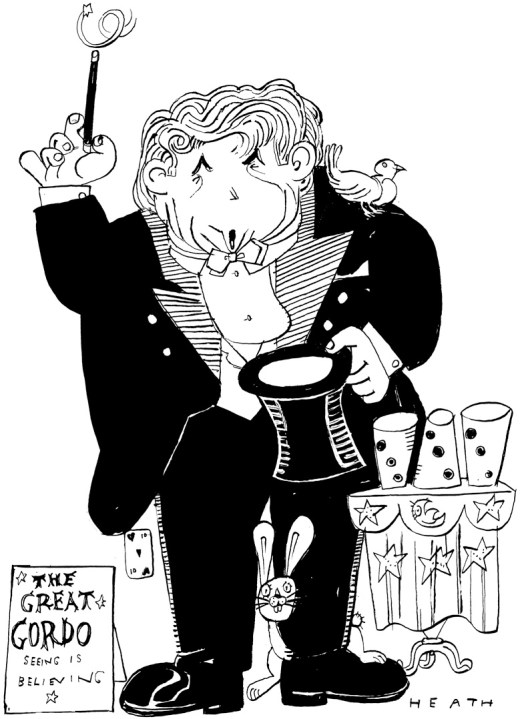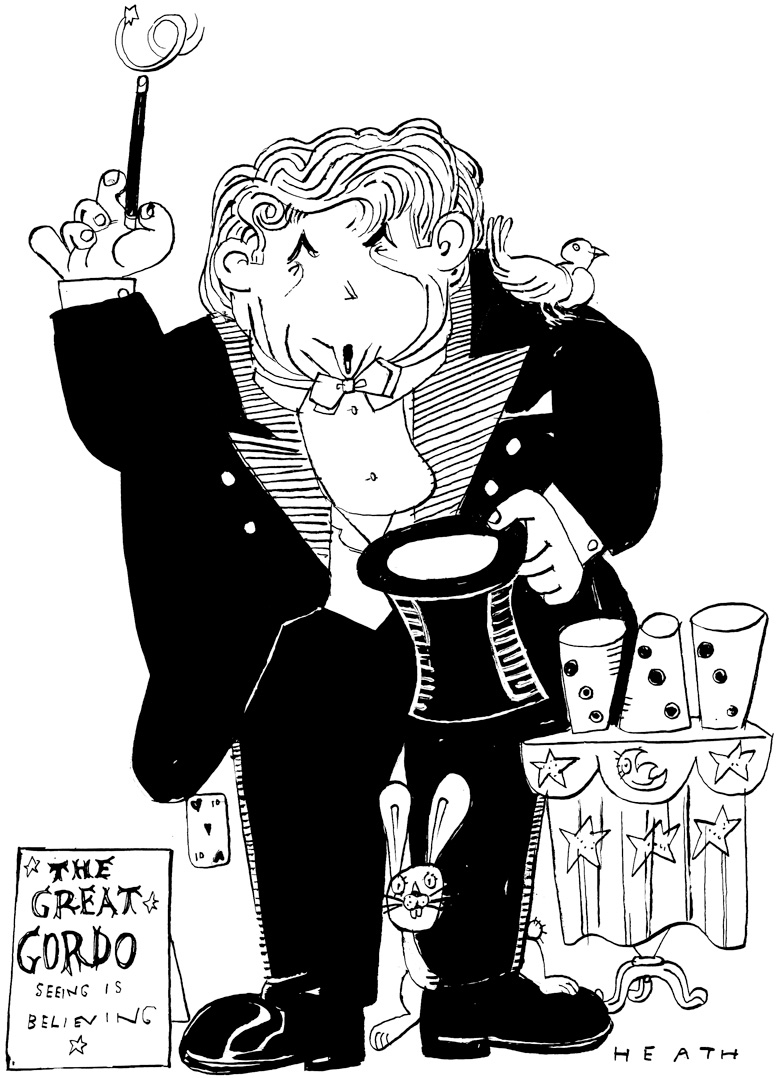 When Gordon Brown was defending his decision to scrap the 10p tax rate in April 2008, he spoke as if he was avenging a great moral wrong.
When Gordon Brown was defending his decision to scrap the 10p tax rate in April 2008, he spoke as if he was avenging a great moral wrong.
“I think I should tell the House that 85 per cent of the benefits of the 10p rate go to higher-rate and basic-rate taxpayers, and that 11 million people, mainly the lowest-income people in the country, receive no benefit at all from it… We are determined to take action, because we are the party of fairness tackling poverty.”
So why did he introduced this 10p tax with such great fanfare in 1999 if it was so regressive? On Sunday 4 May, he told BBC’s Andrew Marr Show:
“Look, nobody’s suggesting the 10p rate be brought back. Not any of the opposition parties, not Frank Field. He knows as I know that it was a transitional measure until we introduced the lower rate income tax and the tax credits.”
4.49 To put work first in the tax and benefit system, the Government will introduce a 10p rate of income tax. From 6 April this year, taxpayers will pay only 10 pence in the pound on their first £1,500 of taxable income. This is the lowest starting rate of tax since 1962-1963, and will reduce the marginal rate of tax from 20p to 10p for 1·8 million people. 4.50 When the 10p rate is introduced, there will be three main rates of income tax – 10, 23 and 40 per cent. Basic and top rate taxpayers will gain £1·15 a week from the change. But those on the lowest incomes (below £8,835) will gain more, because the three rate structure helps to target the gains from the 10p rate on the lowest paid: 1·8 million people, of whom 1·5 million are low paid, will see their tax bill halved, and a further 300,000 people will be taken out of income tax altogether. 4.51 The new 10p band will help to ease the poverty trap whereby people on low pay are discouraged from climbing the earnings ladder. At present, around 700,000 people lose more than 70 pence for every extra pound they earn. After the implementation of Budget 99, this figure will fall by around two-thirds 4.52 Taken with other measures announced since the Government took office, the new 10p band will help to make work pay and ease the unemployment trap. From April 2000 a number of further measures will also help to reward work. (Budget 99 HC 298 March 1999 p60)
Having put in place more focused ways of incentivising work and directly supporting children and pensioners at a cost of £3 billion a year, I can now return income tax to just two rates by removing the 10p band on non-savings income … With the other decisions I have made today, we are able to hold to our pledge made at the election not to raise the basic rate of income tax. Indeed, to reward work, to ensure working families are better off and to make the tax system fairer, I will from next April cut the basic rate of income tax from 22p to 20p, the lowest basic rate for 75 years. (Budget 99 HC 298 March 1999 p60)
On the personal tax system, it seems to me to have two rates and two thresholds is something that has eluded every government for the last 40 years, even when they have tried to do this … That is a major change that any Chancellor would like to have done were the resources available to do so … Because we can provide money through the child benefit and child tax credits, through pensioner tax allowances and through the pension credit, and through the working tax credit, because these three instruments are now available to us, it is possible to move from 22 pence to 20 pence without having a 10 pence rate which in a sense was a transitional rate while we got the new system into being. I believe that over time very few people will want to change this two rate and two threshold system of income tax.
I hope this material is of use.Finally, the term was used in the letter the Chancellor sent to John McFall MP on 23 April 2008, setting out “the work the Treasury has underway in this area” on proposals to help other low paid workers without children and pensioners under 65:The 10p rate was introduced in 1999 as a transitional measure to help low income households. However, as the tax credits system became more developed and more generous, we were better able to target resources on low-income households. That enabled us in the Budget in 2007 to simplify the tax system by removing the 10p starting rate of income tax and reducing the basic rate of income tax from 22p to 20p.
Following this Mr Brown appeared before the Treasury Committee, and mentioned that the starting rate was “in a sense a transitional rate”:
When this provision was scrutinised at the Committee stage of the Finance Bill that year, the then Financial Secretary, Barbara Roche, described the rationale for the new starting rate as follows: “Clause 19 meets the Government’s commitment to bring in a new starting rate of income tax. It introduces a starting rate band of £1,500, which will be charged at 10 per cent.–the lowest rate for more than 35 years. The new starting rate of tax is part of a range of income tax and national insurance contributions measures designed to complement the national minimum wage by helping to make work pay, to encourage people into work and to ensure that they keep more of their earnings.”(SC Deb (B) 18 May 1999 c247)
In his 2007 Budget speech, the Chancellor set out increases to child tax credits and personal allowances for the over 65s, noting that his aim “in all measures today is a fair system for pensioners and families with children.” He described the purpose of removing the starting rate, and cutting the basic rate, as follows:
A transitional measure? Since when? When this line was first trotted out Peter Bottomley MP asked the House of Commons library to ascertain whether it was true. He has kindly allowed us to reprint their reply here, for our Brownie series. It speaks for itself:
———————————————————————————————————————
You asked if the Government had presented the 10p starting rate of income tax as a ‘transitional’ measure, prior to the announcement in Budget 2007 that it would be withdrawn from April 2008.
No, it does not appear to have been described this way. The introduction of a 10p starting rate was a commitment in the Labour Party’s manifesto for the 1997 General Election; this stated that, “Our long term objective is a lower starting rate of income tax on ten pence in the pound … This goal will benefit the many, not the few … We will also examine the interaction of the tax and benefits systems so that they can be streamlined and modernised, so as to fulfil our objectives of promoting work incentives, reducing poverty and welfare dependency, and strengthening community and family life.” (New Labour: because Britain deserves better, April 1997 pp 12-13).
The 10p rate was introduced in April 1999. In his Budget speech that year, Gordon Brown described it as one of a number of “tax cuts to encourage work and make work pay, tax cuts for a purpose” that would “help all middle and lower-income families” and were “being made at the best time for the economy.” The Budget report stated:








Comments